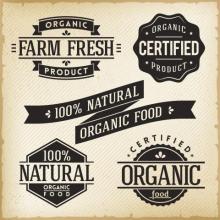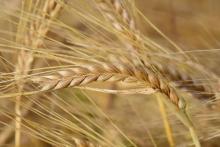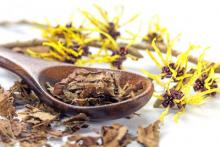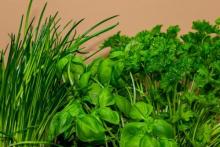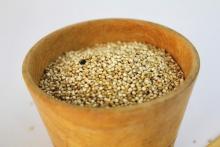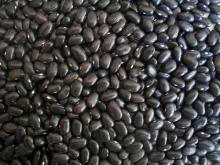Superfood 101: Bulgur!
Bulgur is processed wheat that is native to the Mediterranean basin region and is one of the earliest processed foods that began being used approximately 4000 years ago. It is made by steaming wheat then drying it and cracking the dried kernels. Bulgur was initially processed by boiling wheat in a huge pot for many days to be sure it was thoroughly cooked; then the contents of the pot were spread out on roofs to dry in the sun.


